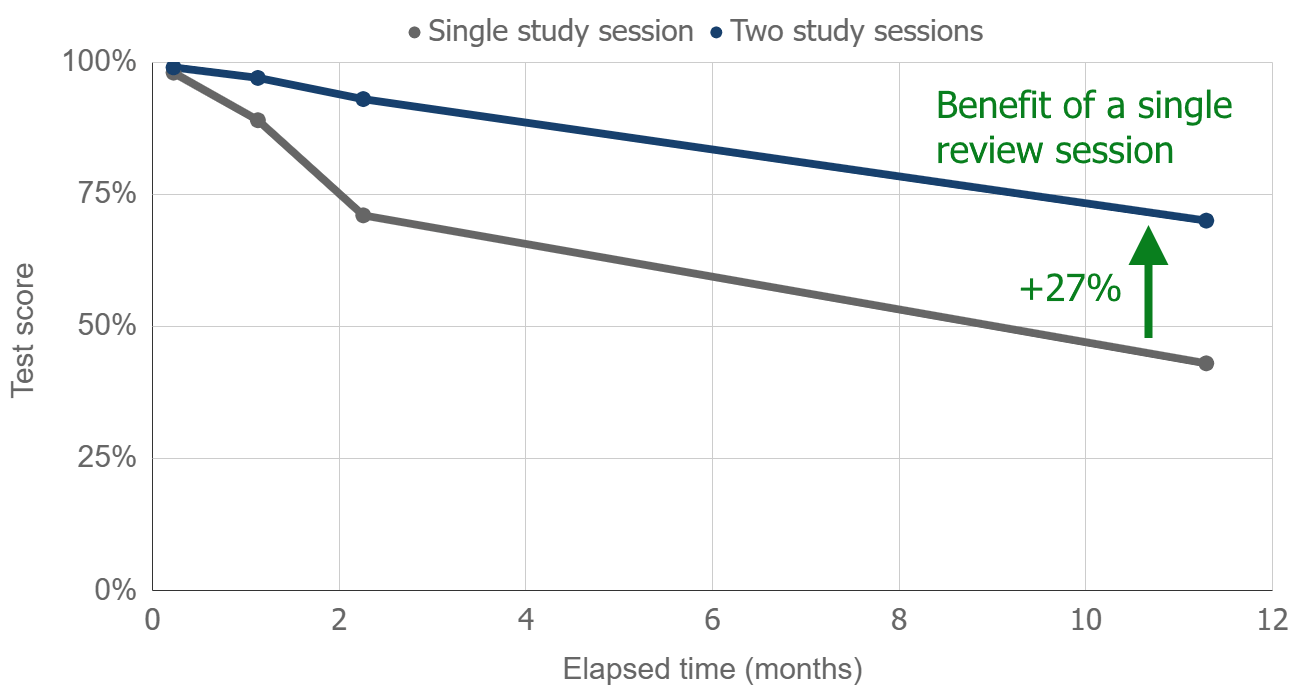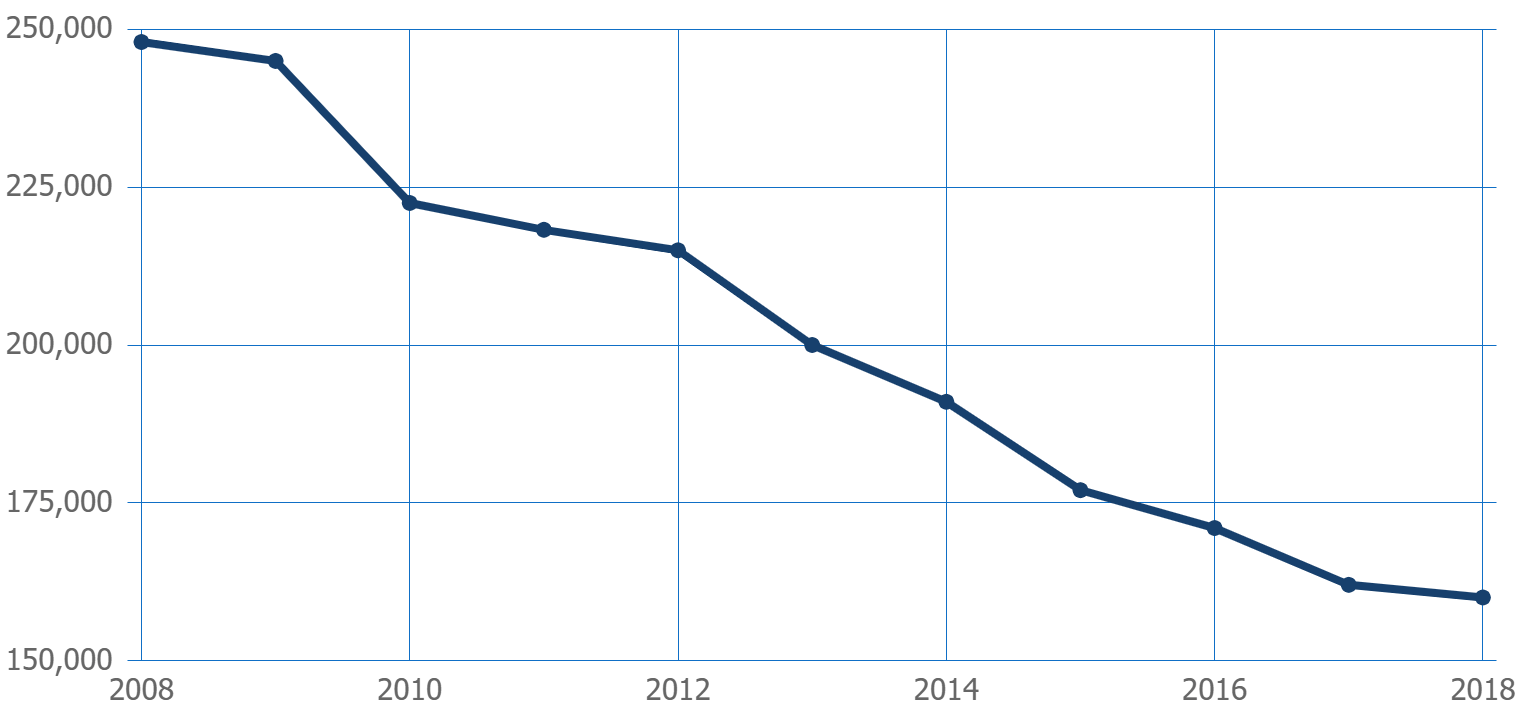Many home educators would love to get started with high school science. There’s so much to discover, so many exciting experiments to be done, so much of our world just waiting to be explored. There’s just one problem: Will my math be up to the task?
This concern is felt by both students and parents. Students want to roll up their sleeves and dive into chemistry or physics, but the thought of long strings of equations and unfamiliar symbols fills them with dread. Parents would love to give their children a great science education, but whatever they used to know about algebra is now a distant memory, and even the thought of getting started again is enough to make them feel dizzy. No wonder that many home educators give up on science by the time their children get to high school. The math just looks too hard.
It’s tempting to try to address this by just removing the math from the science curriculum completely. This is a great way to get started, because science in the early years doesn’t need any math at all.
Many home educators give up on science by the time their children get to high school. The math just looks too hard.
The basic grammar of the sciences can be explored from a young age, and even simple experiments can reveal all kinds of fascinating phenomena. Besides this, there are endless wonders in the natural world to observe, from distant planets observable with a simple telescope to tiny larvae visible with a magnifying glass in your garden pond.
If your heart sinks at the thought of this, don’t worry. At Axiom Science, we’re on your side, and we’ve got some great news for you.
To begin with, the math you’ll need for Axiom Science isn’t all that hard. If you’re imagining pictures of theoretical physicists in graduate seminars scrawling hundreds of lines of impenetrable squiggles all over a blackboard, then relax, take a deep breath, and breathe a sigh of relief! For Axiom Chemistry, you’ll just need some very basic algebra, some simple graph-reading skills, and a grasp of ratios, fractions, and percentages. The vast majority of high school students can handle it with no trouble at all.
The vast majority of high school students can handle it with no trouble at all.
It’s tremendously rewarding for students as they start to apply their math skills to scientific problems. Even simple mathematical techniques can give us remarkable insights into the world, placing students on a path towards a lifetime of deepening understanding and growing wonder at the intricacies of God’s creation.
There’s more good news. At Axiom Science, we offer a free Math Readiness Quiz, so your students can check whether they’re ready to get started. It only takes a few minutes, and when you’re done, we’ll let you know whether you’re good to go, or whether it’d be helpful for you to do a little more math before you begin. And if your math does need a little more work, the quiz will help you to see which areas to focus on.
Why not go ahead and take a look at the free Math Readiness Quiz right now? You can take it as many times as you like. At Axiom Science, we’re here to help you every step of the way, and to enable you to get the most out of our courses as you explore the wonders of the God’s creation.
Photo by Vitaly Gariev







